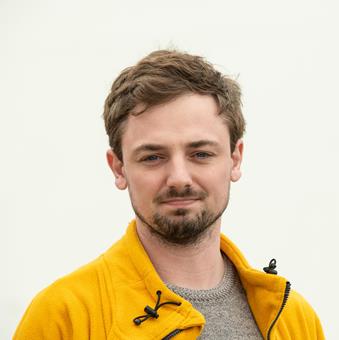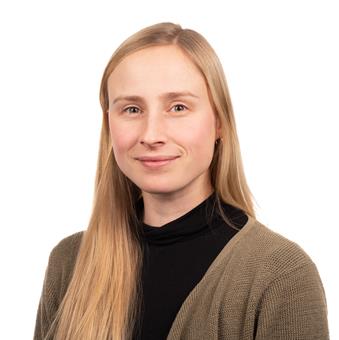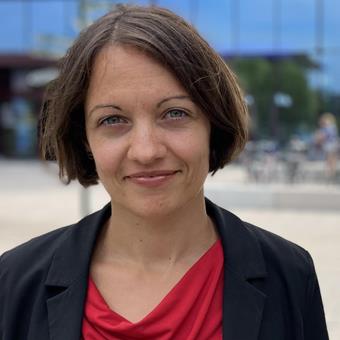We study the role that infrastructures play in discourses, how visions about infrastructures vary between actors and over time, and the political logics that influence the planning and transformation of infrastructures.
Our research spans various temporal, institutional and geographical scales and investigates the socio-ecological importance of infrastructure in the past, present and future, with perspectives ranging between the individual household, the city district and international energy systems.
Studies within STRIPE are interdisciplinary and share a socio-technical perspective, which emphasises that infrastructures cannot be fully understood without taking into consideration both their materiality and the societal contexts in which they emerge. Through this perspective, the research group studies the transformation of infrastructures within discourses of climate change and sustainability.
We also share the understanding that the political implications of infrastructures vary according to context and perspective, and that the design and transformation of infrastructural systems is of significance for societal development and the environment. The research group is closely connected to the program in urban and regional planning.






















